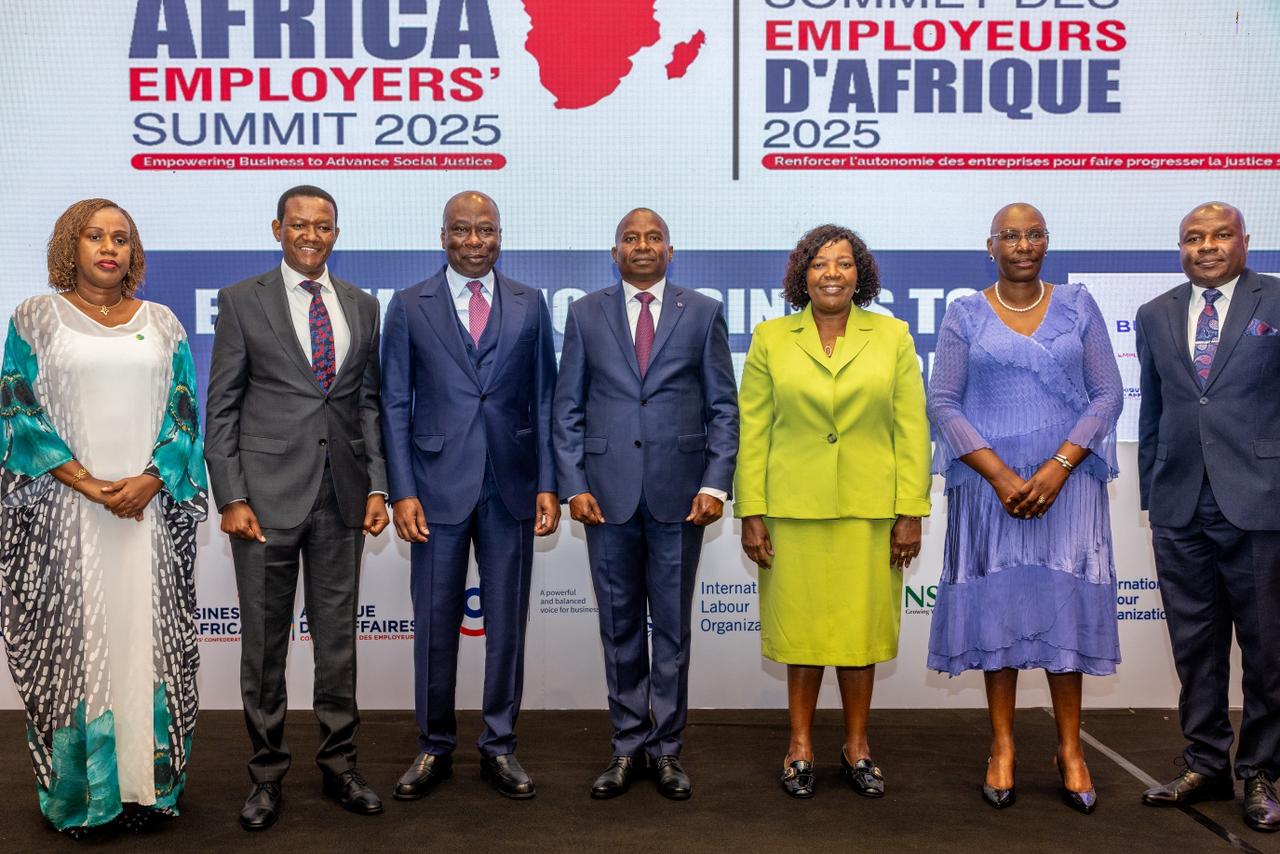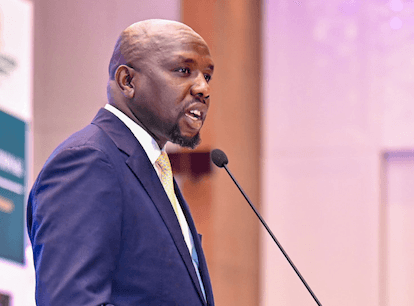

Deputy President Kithure Kindiki has called on African employers and businesses
to take a leading role in advancing social justice by creating jobs, promoting
inclusivity and upholding ethical governance.
Speaking during the Africa Employers’ Summit
held at Emara Ole Sereni Hotel in Nairobi, on Monday, Kindiki said businesses
must move beyond profit-making to empower communities and tackle unemployment.
He noted that Africa is at a demographic and
economic crossroads, with its youthful population expected to exceed one
billion by 2063.
The DP warned that without jobs and income opportunities, the continent
risks more youth unrest, which has already led to loss of property and higher
business costs.
“The youth unemployment challenge presents the
greatest opportunity for the social justice agenda. We must unlock the
transformative potential of business not just to profit, but to empower,” said
Kindiki.
The two-day summit is themed “Empowering
Business to Advance Social Justice.”
The Deputy President urged businesses to
embrace inclusivity by giving women, youth and persons with disabilities
leadership and employment opportunities.
He also called on companies to support communities through environmental
stewardship and climate resilience initiatives.
Citing Kenya’s Bottom-up Economic
Transformation Agenda, Kindiki said government programmes targeting youth can
only succeed if the private sector complements them.
He proposed business partnerships in sports, the creative economy and other
subsectors to generate income for young people.
Kindiki further challenged companies supplying
goods and services to government to adopt the 30 per cent procurement threshold
for women, youth and persons with disabilities, similar to the Access to
Government Procurement Opportunities (AGPO) programme.
He also urged firms to provide internships,
dual training and mentorship to young graduates, saying this would help align
academic programmes with market needs.
“It would be inspiring to see business
enterprises recognising and profiling those who espouse values of integrity,
honesty, hard work, transparency and care for others as part of joint
anti-corruption actions,” Kindiki added.
He concluded by calling for a united vision
where business becomes the most dynamic driver of social transformation and
shared prosperity.
“This is the Africa that the world must look
to,” he said.




















